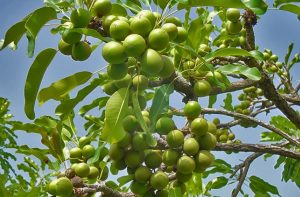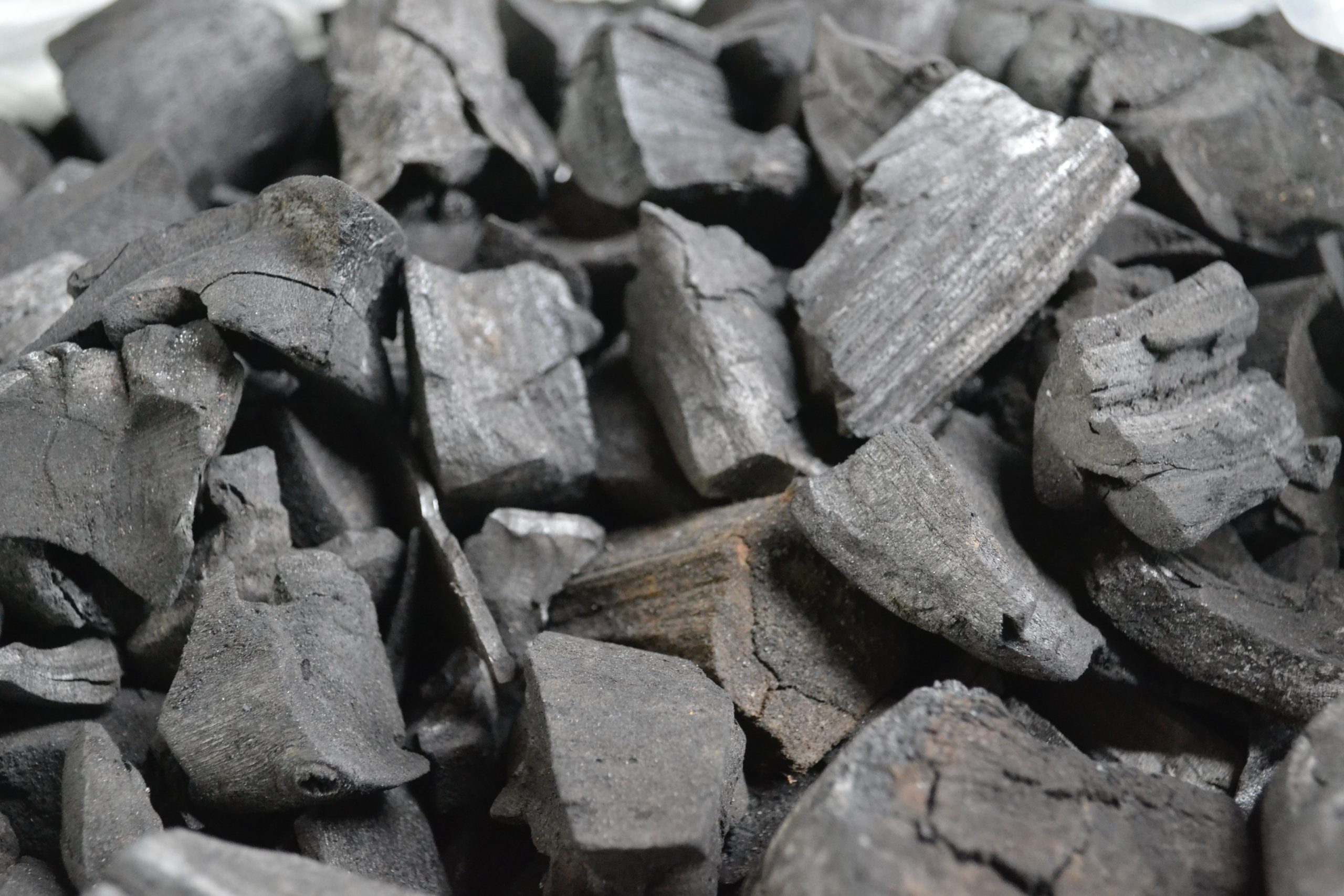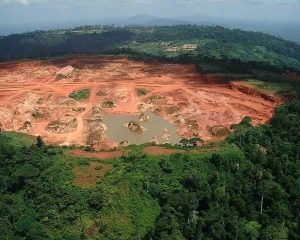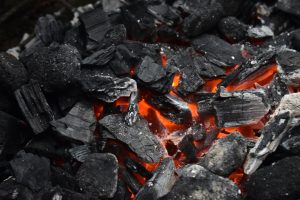A member of FWG, James Saaka, has called for a ban on commercial charcoal production in Ghana. This, according to him, is in order to save shea trees which are felled for charcoal production.
The shea tree, is typically a Savanna woodland tree species. Its natural habitat stretches over Africa south of the Savannah, from the eastern part of Senegal to the north of Uganda. In Ghana, shea trees grow in almost half of the country. It occurs over almost the entire area of Northern Ghana. The kernel oil derived from its fruits is known as the shea butter.
Shea’s usefulness cuts across diverse industries worldwide, including the detergents, catering and pharmaceutical industries. In Africa, shea butter is used as cooking lard, as a water proofing wax, for hairdressing, for candle-making and as an ingredient of medicinal ointments.

Shea trees grow on their own. They typically take between 15 – 20 years to reach maturity, which explains the difficulty in its domestication. Shea trees have a very long lifespan as they can live for more than 200 years. Unfortunately, in recent times due to the activities of charcoal producers, who fell shea trees and process them into charcoal, shea trees have lesser lifespan now.
Speaking at the just ended FWG AGM, Mr. Saaka noted that this trend was worrying as it is gradually endangering the tree species.
“Apart from rosewood, shea trees are also in danger as they are logged for charcoal production,” Mr. Saaka said.
He, therefore, called on government to ban charcoal production immediately to salvage the situation.
“Government must do something about this new trend. Let’s ban commercial charcoal production in order to save shea trees, the shea value chain, and the environment as a whole,” he said.
FWG is the national campaign vehicle of Civil Society Organisations and individuals committed to the rights of poor forest users. Each year it organises an annual general meeting to discuss emerging issues in the sector and offer solutions. This year’s came off from 18th to 20th February, 2020 at the Aknac Hotel in Accra.
By: Jemima Opare-Henaku│Civic Response




